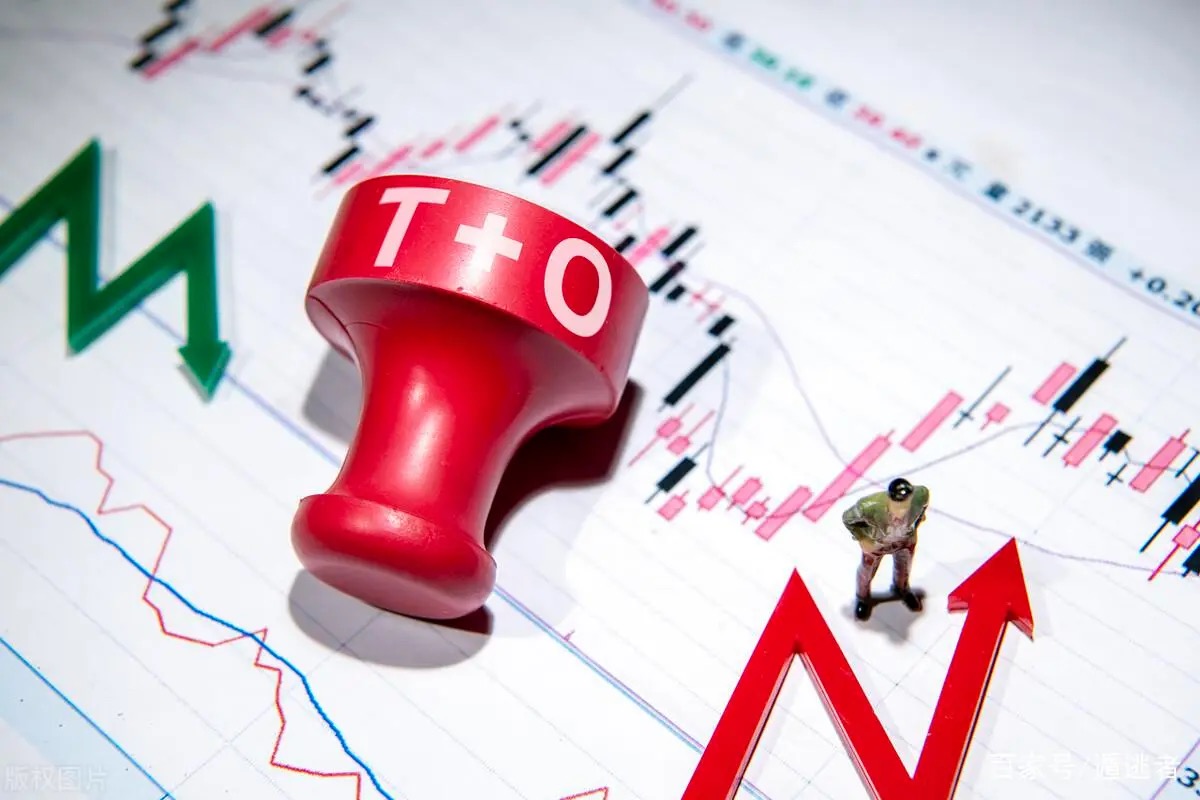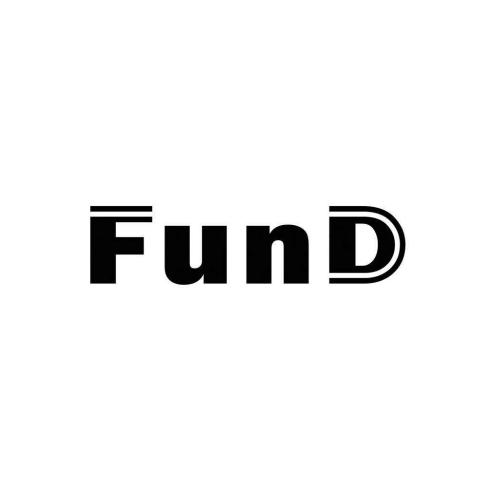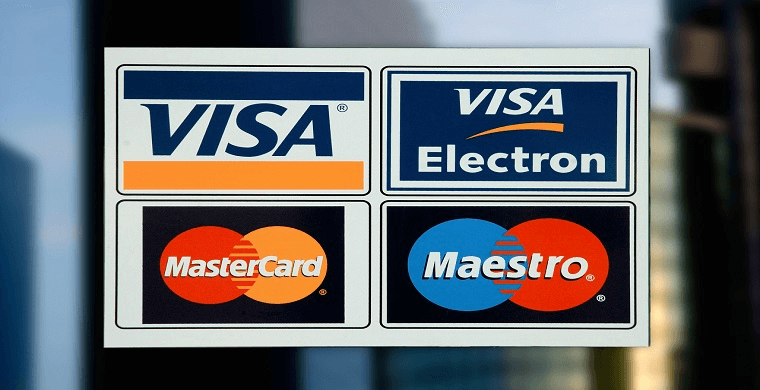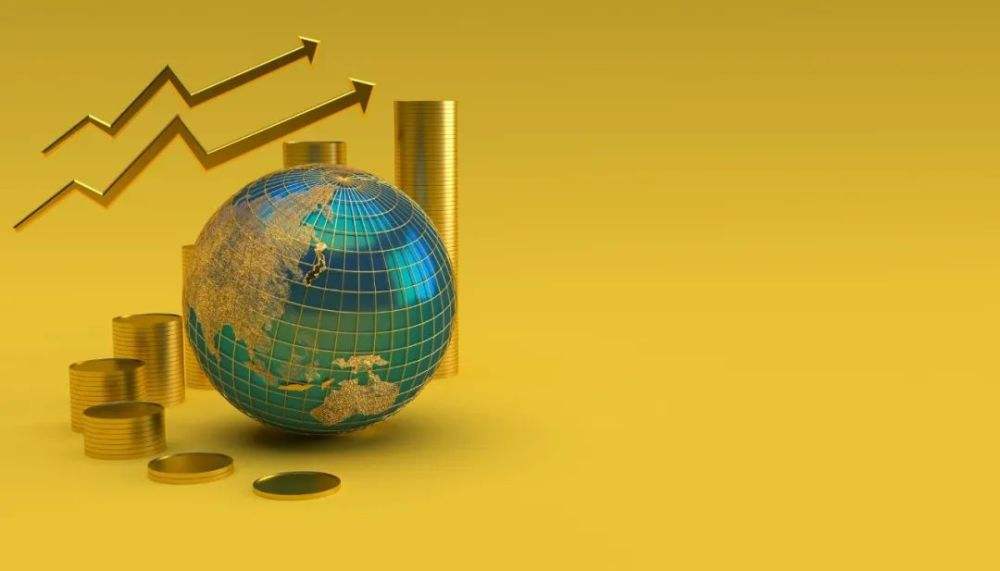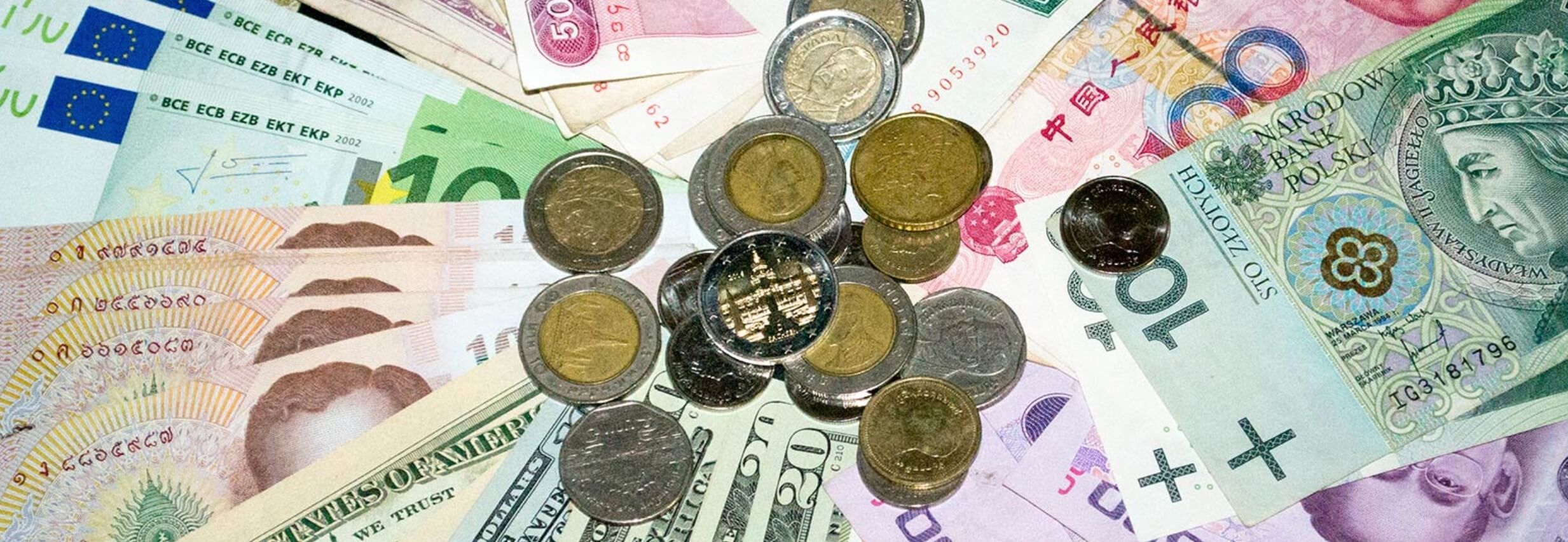
It is true that currency is a special commodity that acts as a general equivalent, but this is from the point of view of its origin. Shells, swords, coins, copper, gold and silver used by early men were all special commodities that served as general equivalents.
However, coming back to reality, we have long since stopped using them. Very rarely, we use coins; mostly, we use banknote. In the last decade, with the rise of mobile payments, we even seldom use banknote. Now central banks are promoting digital currency, i.e., digital cash.
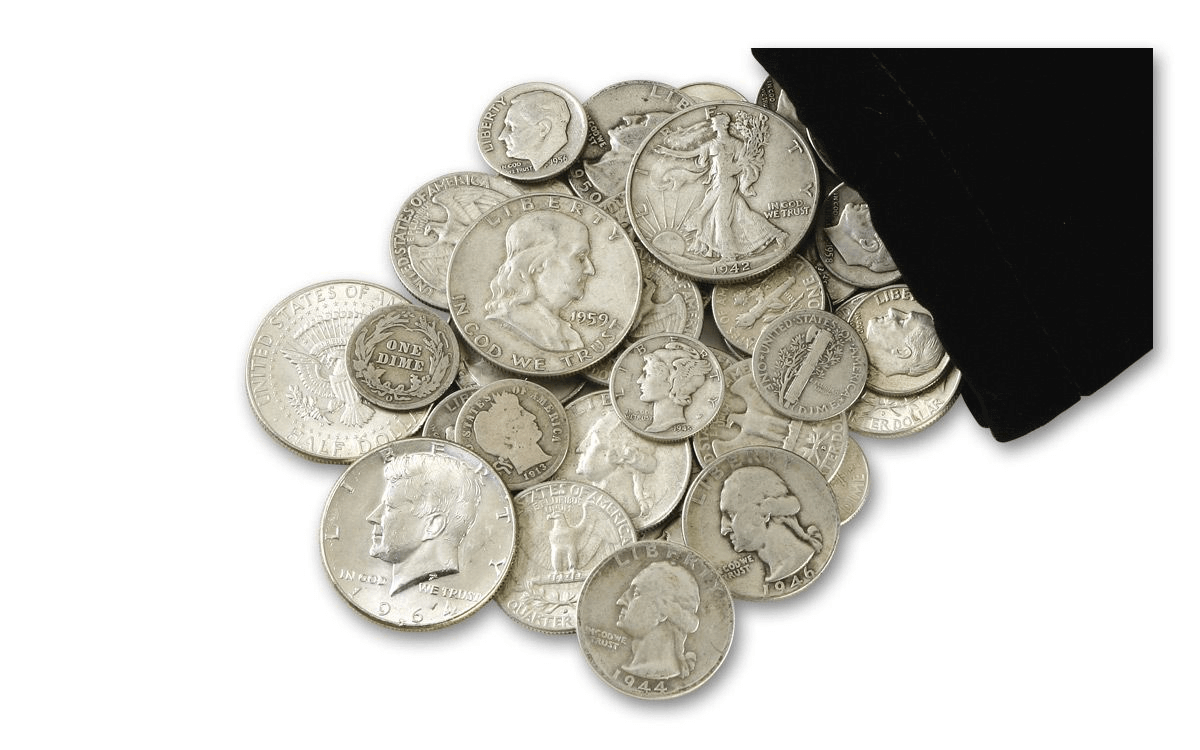
So the question is, can banknote, deposit figure in bank apps and digital RMB in digital wallets still be considered as "special commodities that act as general equivalents"? Obviously not. A banknote is, after all, just a piece of paper; while the figure in bank apps or digital wallet is just a string of codes.
Then why can we “exchange” this piece of paper or this string of codes for something? That is because behind them is the commitment and trust of a country. On the front of each pound, the Queen’s promise is clearly marked: “I promise to pay the bearer on demand the sum of xx pounds”, which means take the money and spend it, and let me know if you can’t.
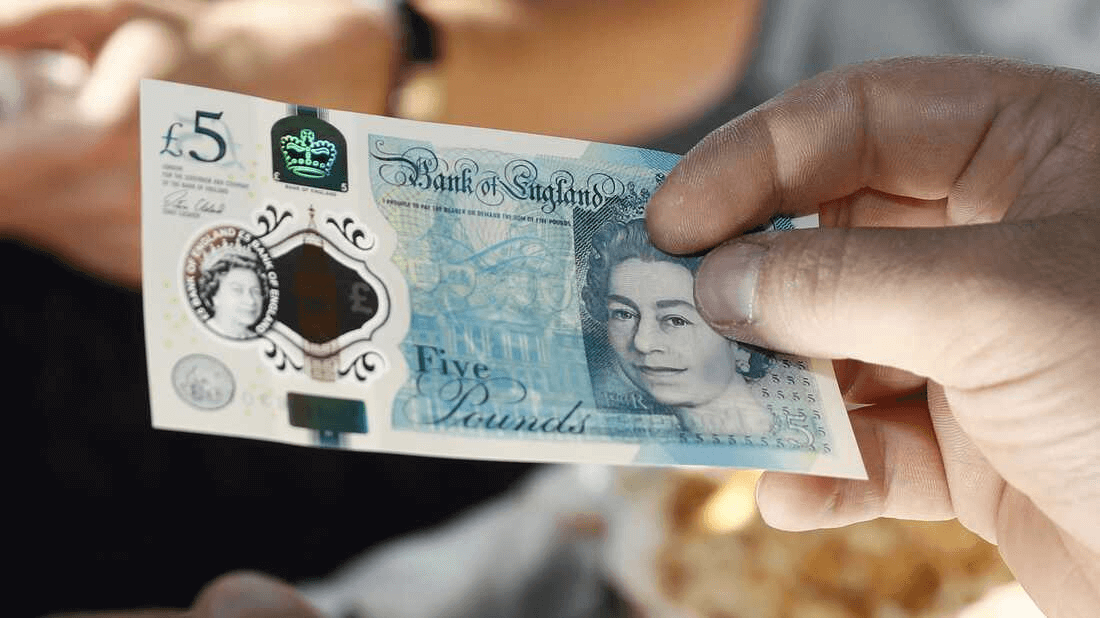
Why does the country dare to make such a promise? Because the country has enough credit that we all believe it will ensure our availability to pay with this piece of paper. Why do we dare to believe that? Because the country has power to levy taxes and has done a good job of keeping its promises over the past many years. Nevertheless, if something goes wrong with a country’s economy, as it did in Sri Lanka, then people become fearful of the future, and the currency depreciates sharply. If so, people would get rid of currency in their hands as quickly as possible and exchange it for real wealth.
Now we understand that either modern currency, banknote, bank deposits or digital currency, is essentially a promise from the country to us and is also the trust from us to the country. To sum it up in one word, that is credit. Furthermore, it is the biggest credit activity of society, where everyone agrees that banknote, bank deposits, digital money, all have the right to be used in exchange for goods and services, with the country being the organiser of this credit activity.
What about the ancient shells, gold, silver and copper coins? Were they also credit? Yes, when shells were the currency, this credit probably came from people’s trust and deference to tribal elders’ impartial authority. When the Emperor came into being and there appeared gold, silver and bronze coins or silver certificates, this credit came from people’s trust and deference of the Emperor’s authority.
In conclusion, from shells to banknote and to digital currency, the form of currency has been constantly changing. Yet the nature of currency as credit is always the same, with only the scope and strength of this credit changing. The stronger the credit organiser’s credit, the wider the scope of currency he/she issues and the stronger the value of currency.
